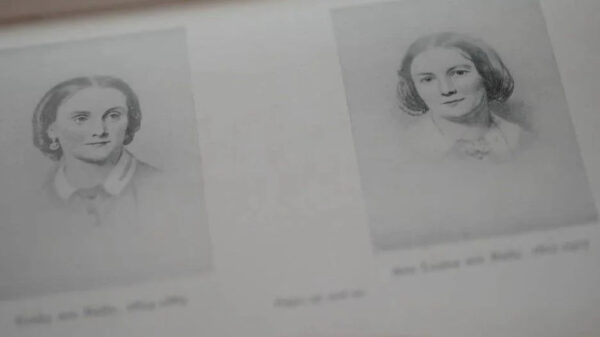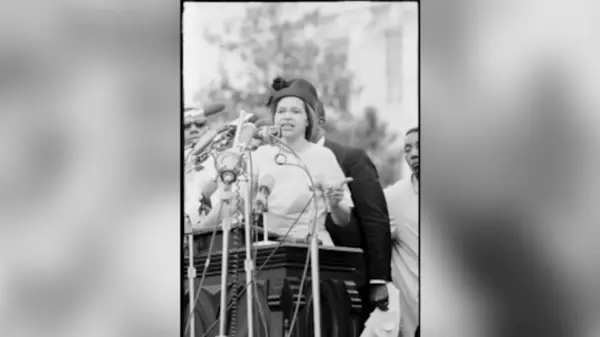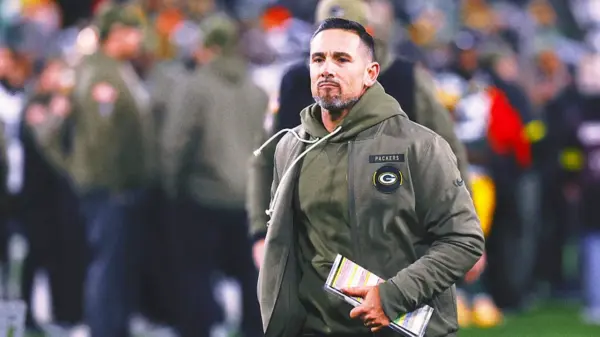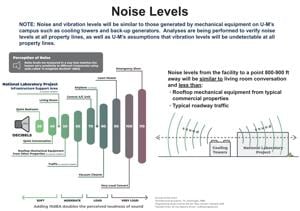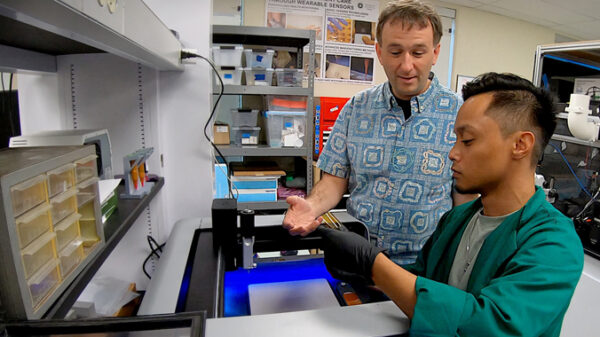UPDATE: The University of Connecticut (UConn) is pioneering a groundbreaking virtual reality (VR) program aimed at combating the alarming rise of gambling addiction among college students. As problem gambling rates on campuses soar, UConn’s associate professor of psychological sciences, Robert Astur, has launched a two-week pilot program that immerses students in a VR casino environment designed to help them identify and eliminate gambling triggers.
Since January 2024, Astur’s team has been observing promising results. Participants report a significant decrease in gambling urges and an increase in self-control over risky behaviors. This urgent initiative comes as college students are engaging in gambling activities at rates believed to be two to four times higher than adults, fueled by easy access to online gambling platforms.
Astur’s innovative approach builds on previous research conducted in 2009, where a similar VR method successfully assisted participants in quitting smoking. In that study, participants using VR achieved a 15% abstinence rate compared to just 2% for the control group. This latest gambling study aims to track the physiological responses and behavioral changes of participants, determining whether the VR interventions can effectively translate into reduced cravings and gambling behaviors outside the lab.
Senior psychology major Allison Millspaugh demonstrated the VR experience, showcasing a virtual environment where participants can “smash” slot machines and set fire to blackjack cards with VR controllers. This engaging method provides an interactive way to confront gambling cues head-on, potentially revolutionizing addiction treatment for gambling and other compulsive behaviors.
Doctoral student Finn Zakas highlights the vulnerability of young adults, whose developing brains make them particularly susceptible to addiction. The stakes are high, as gambling addiction is linked to serious consequences such as depression, increased suicide risk, poor academic performance, and strained relationships.
Astur emphasizes the need for further research, expressing a desire to expand the study beyond the initial 30 students and publish comprehensive results by 2025. The complete analysis of data from this pilot program will be available later this summer, marking a critical moment in the fight against gambling addiction.
As the program progresses, the implications are profound. If successful, this VR approach could reshape the landscape of addiction therapy, not just for gambling, but for other compulsive behaviors like gaming, cannabis use, and smartphone addiction. The future of addiction therapy might indeed be virtual, offering hope for countless individuals struggling with these issues.
Stay tuned for more updates on this developing story and the potential impact of UConn’s pioneering virtual reality program.







